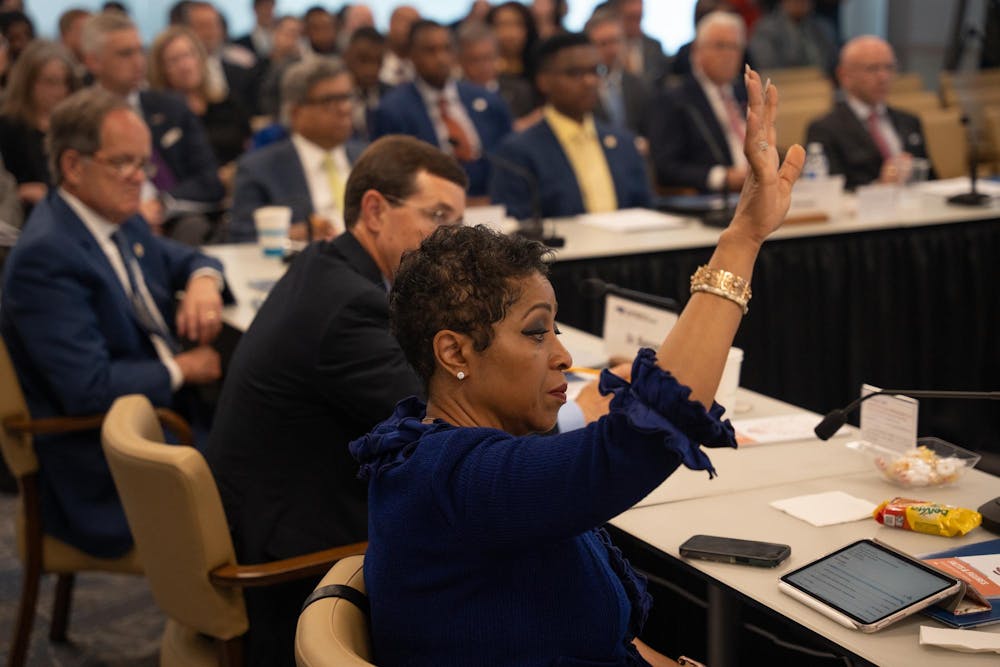As UNC navigates the aftermath of DEI budget cuts and position realignments across the UNC System, students and faculty remain attentive to the future of inclusion efforts on campus.
Alexandra Versace, a UNC senior and co-director of the Department of Diversity, Equity and Inclusion for the Executive Branch of University Student Government, said the branch is currently working on holding events and extending resources to educate students about the policy.
Versace said that she wants the University to embrace DEI, starting with an improved education on what such efforts entail and tackling misinformation that surrounds the issue.
“DEI is not black and white. It’s not political where it’s red versus blue. It’s much more than that,” she said.
Candice Merritt, an assistant professor in the Women’s and Gender Studies Department, said DEI should be thought about through an intersectional lens. She said that talking about race is “very much dependent on and works in concert with gender.”
“The women's movement was right along with civil rights, which was right along with gay rights," Merritt said. "Those histories are very much intertwined in Black feminist study.”
She said that conversations around the new policy have been present in the department, and that there is a potential sense of worry around the department’s allocation of resources.
“Women’s and gender studies is a field that was born out of agitating for change, for social change and social justice,” she said. “So it’s a field that’s not a guaranteed field in the institution, in my experience.”
Merritt said the University environment is a unique place for individuals from different backgrounds to interact, saying that she hopes to see continued support for ethnic studies programs and other DEI initiatives that give voices to underrepresented groups on campus.




